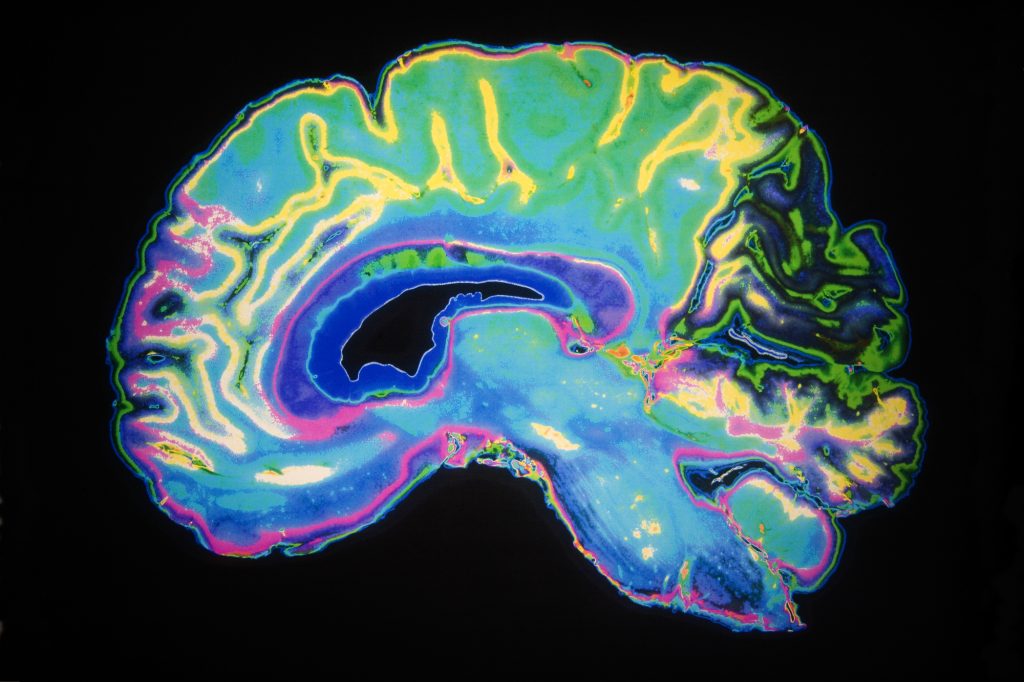Ginseng and ginsenosides may help treat Alzheimer’s disease
 Alzheimer’s disease is the most common type of dementia, accounting for 60 percent to 80 percent of dementia cases. Brain cells lose in a progressive manner, resulting in memory loss and declining thinking ability.
Alzheimer’s disease is the most common type of dementia, accounting for 60 percent to 80 percent of dementia cases. Brain cells lose in a progressive manner, resulting in memory loss and declining thinking ability.
Alzheimer’s disease is a typical aging-related disease, and most patients were detected in their mid-60s. Population aging will significantly push the number of people with Alzheimer’s disease, which is a huge healthcare burden for the society in the coming future.
Unfortunately, Alzheimer’s disease is very complex and there is still no effective treatment. Scientists are always on the lookout for drugs that can be used effectively in the fight of Alzheimer’s disease.
Ginseng is a well-known herbal medicine to support cognitive function. This pharmacological benefit is attributed to the existence of ginsenosides, the primary bioactive constituents in ginseng. Many studies have indicated the promising therapeutic effects of ginsenosides in Alzheimer’s disease.
Amyloids plaques can disrupt the normal functions of tissues and organs to cause some neurodegenerative diseases. The accumulation of amyloid plaques is thought to be one of the hallmarks of Alzheimer’s disease.
A study supported by the National Institute on Aging showed that ginsenoside Rg1 showed neuroprotective effects in mice and might be a promising therapeutic candidate for Alzheimer’s disease.
Researchers investigated the neuroprotective effects of Ginsenoside Rg1 in an Alzheimer mouse model. They found that ginsenoside Rg1 treatment helped reduce amyloid β-protein (Aβ) formation by inhibiting γ-secretase activity and reversing neuropathological changes.
Focusing on the medical potential of ginsenoside in cognitive enhancement, South Korea researchers found that Korean red ginseng (KRG) showed good efficacy as an adjuvant therapy to conventional anti-dementia medications in patients with Alzheimer’s disease.
The trial recruited a small population of 61 patients. They were randomly assigned to low-dose KRG, high-dose KRG or control groups. Researchers used three dementia assessment scales to evaluate the cognitive function of patients at the end of the 12-week trial.
They found that patients given with high-dose KRG showed statistically significant improvement on two assessment scales, and Korean red ginseng showed good efficacy in the patients.
A recent study also reported that Panax ginseng components, ginsenosides and gintonin, may play vital a role in anti-Alzheimer’s disease activities. In addition to inhibiting Aβ-induced neurotoxicity, ginsenosides may work through inhibiting reactive oxidation stress, suppressing inflammation and enhancing hippocampal neurogenesis.
Though these studies indicate the therapeutic effects of ginseng and ginsenoside use in Alzheimer’s disease, there is still a long way to go and more strongly concluded evidence is needed to confirm their efficacy.


